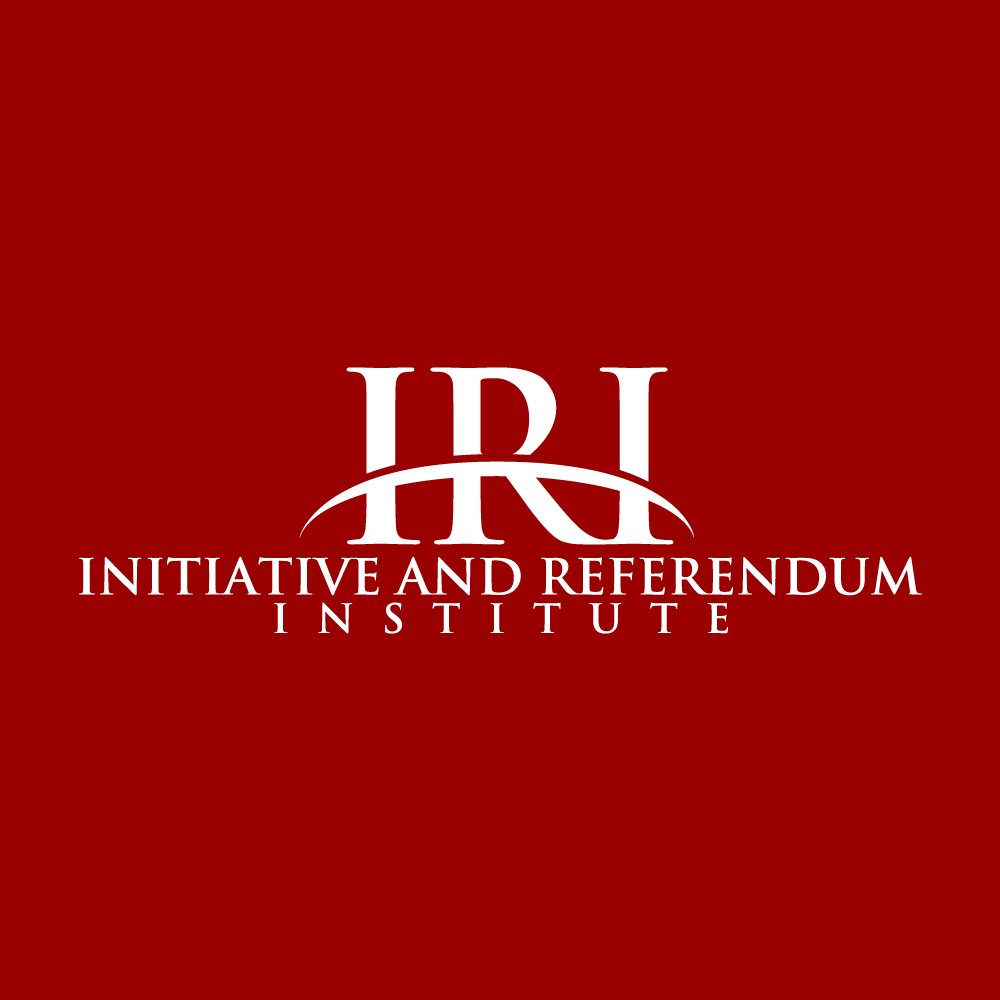Massachusetts
The Populist Party adopted a resolution in 1895 calling for statewide initiative and referendum. In 1900, state representative Henry Stirling introduced one of the first I&R proposals; Socialist state representative James Carey introduced another in 1901. In 1905, Ella Marshall organized the Massachusetts Referendum League to push for I&R, but results were slow to come.
After a decade of unsuccessful attempts, the Massachusetts Direct Legislation League hired Henry Stirling to organize support for I&R throughout the state. The Progressive and Democratic parties, by now staunch supporters of I&R, used this issue with some success against the Republicans in the electoral campaigns of 1912.
In 1913 the legislature approved a bill establishing a procedure for advisory initiatives to be placed on the ballot by voters in any of the state's senatorial or representative districts; I&R advocates used the procedure in 1914, 1915, and 1916 to get "straw votes" throughout the state showing public support for I&R.
In 1915 Governor David I. Walsh, a Democrat who was the first Irish Catholic elected to statewide office in Massachusetts, formed the Union for a Progressive Constitution to push for a state constitutional convention to consider various reforms, with I&R as a priority. The legislature passed a bill in 1916 authorizing such a convention, if the voters approved it, which they did, in November 1916.
The convention met in 1917 and passed the I&R amendment by a vote of 163 yeas, 125 nays, and 30 delegates not voting. Conservative opposition to I&R, led by former state attorney general Albert E. Pillsbury of Wellesley and railroad counsel Charles F. Choate of Southborough, was strong enough to force numerous compromises in the final version: compromises that even today make the Massachusetts initiative procedure one of the nation's most cumbersome and complicated. Submitted to the voters for ratification on November 5, 1918, the amendment passed by a narrow margin.
The first initiative to win voter approval was a 1920 measure defining cider and beer as non-intoxicating liquors, and thus exempt from Prohibition. Other successful early initiatives included measures to end the ban on Sunday sports events (1928), repeal the state's Prohibition law (1930), reform candidate nominating procedures (1932), and regulate animal trapping (1930).
On the 1948 ballot was a controversial initiative to legalize contraceptives, which was opposed by the Catholic Church, and three labor relations measures sponsored by employers and bitterly opposed by organized labor: a "Right to Work" initiative, a law regulating strikes, and a third measure regarding the election of union officers. The four initiatives provoked an extraordinarily heavy Democratic turnout, which not only defeated all the initiatives but also swept Republican incumbents out of office.
The Democrats gained a majority in Massachusetts' lower house for the first time in the state's history, tipped the balance of power in the senate, and ousted Republican Governor Robert Bradford. The initiative that got the most favorable vote, though it still lost was on the contraceptive issue: 43 percent of the electorate said "yes."
In 1964, voters passed an initiative statute reducing the powers of the governor's Executive Council. The state's most famous initiative was the tax cutting Proposition 2 1/2. Dog and cat lovers made successful use of the initiative process in 1983 by proposing a measure to ban research on these animals. The legislature, responding to an initiative petition signed by a record 145,170 voters, passed the initiative in December of that year, thus eliminating the need for it to go on the 1984 ballot. A 1986 initiative mandating cleanup of toxic waste dumps, sponsored by the Massachusetts Public Interest Research Group, became the most popular initiative in the state's history, garnering 73 percent approval.
In 1994, a term limits initiative was adopted only to have it thrown out several years later by the state supreme court. The court ruled that term limits can only be imposed if the state constitution were amended and since the term limits imposed in 1994 were done statutorily, they were unconstitutional.
In 1998, state voters adopted a campaign finance reform initiative that called for the public funding of campaigns. However, the state legislature, as of April 2002, had still refused to fund the initiative.
See David Schmidt, Citizen Lawmakers: The Ballot Initiative Revolution (Temple University Press, 1989).
